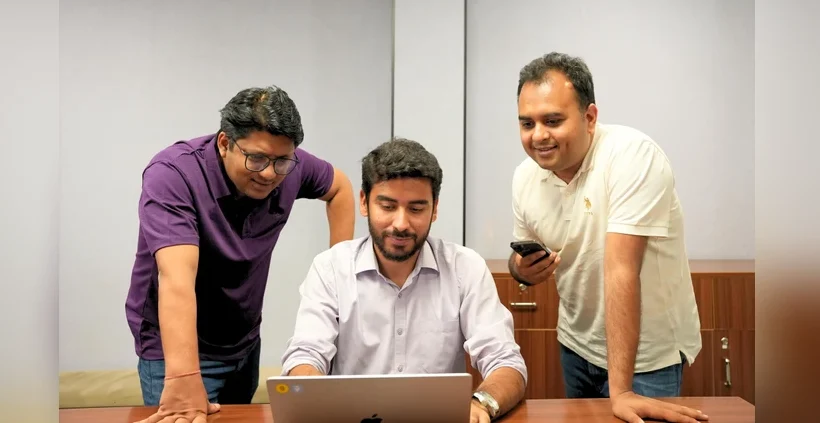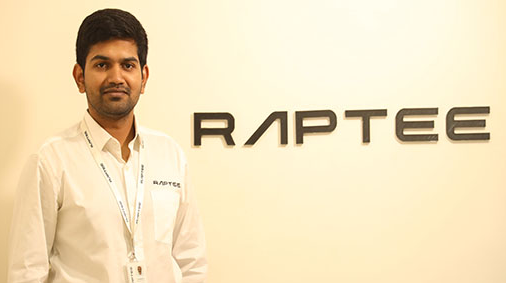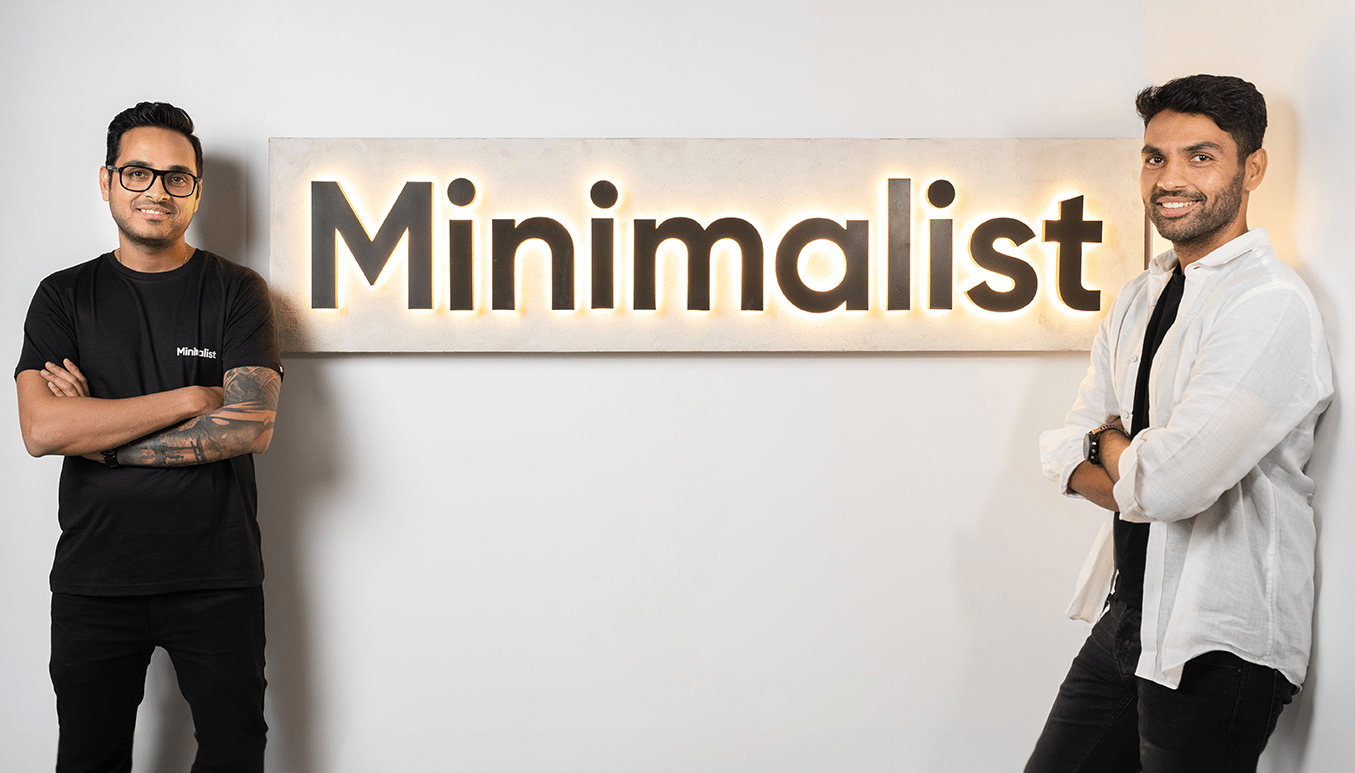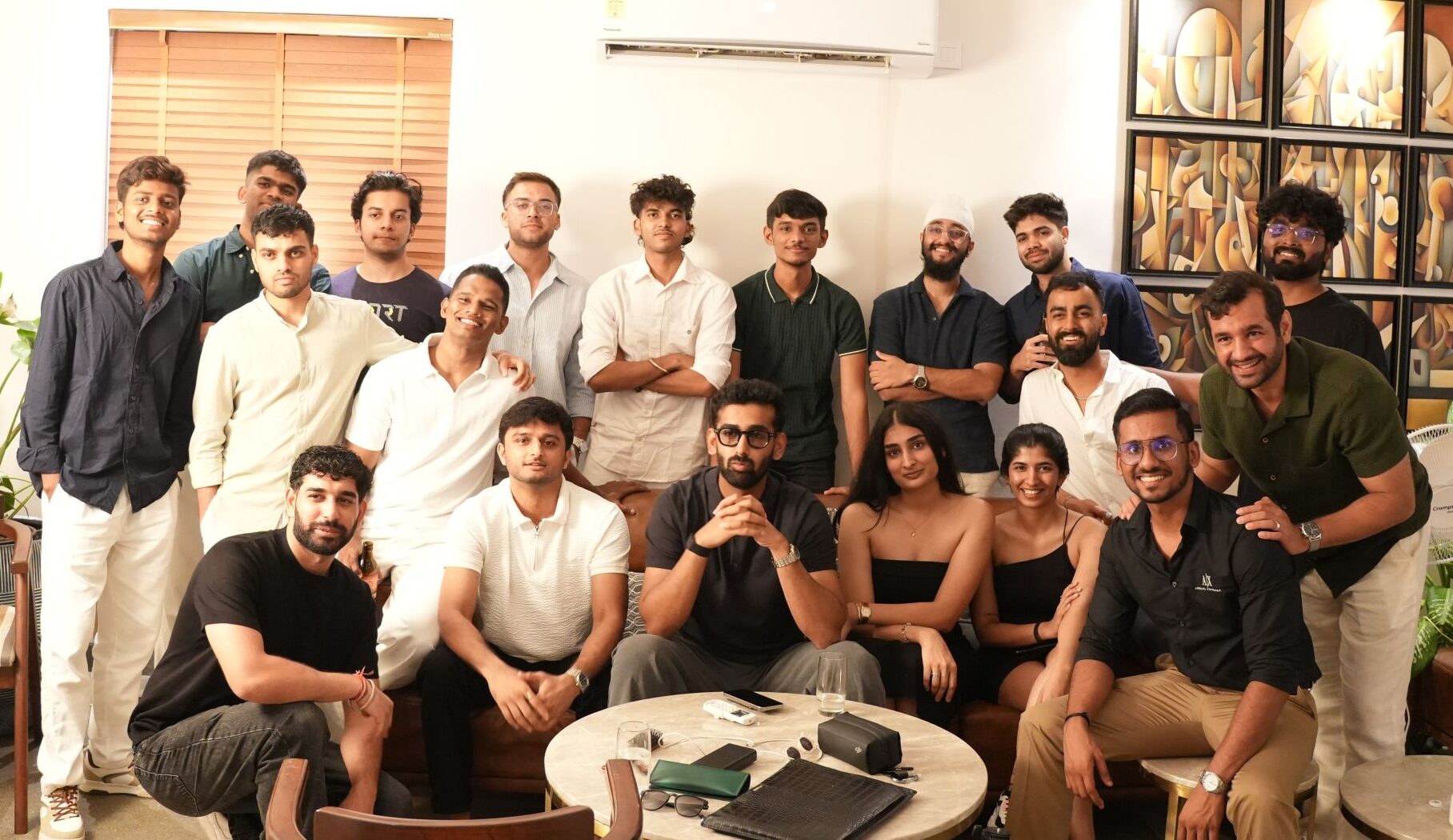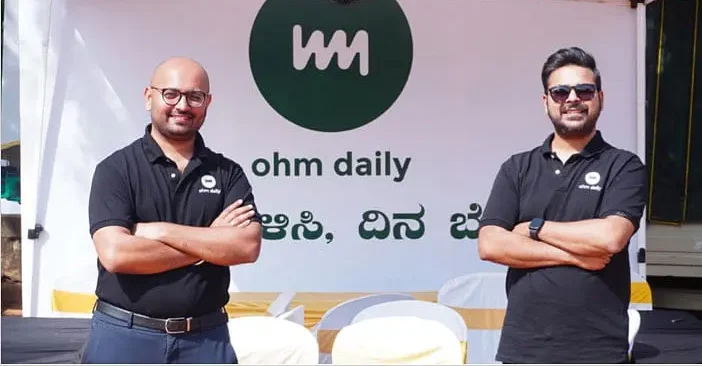In late July 2025, four Indian AI startups, Wuri, CodeParrot, Subtl.ai, and Locale.ai, officially announced their shutdowns. These closures highlight ongoing challenges in India’s generative AI sector, including difficulties in scaling, a lack of sufficient funding, and an inability to adapt quickly to a rapidly changing technology landscape.
What Went Wrong?
CodeParrot: YC‑Backed But Out of Steam
Founded in 2022 and part of Y Combinator’s Winter 2023 cohort, CodeParrot raised US $500,000. It built an LLM‑powered Visual Studio Code extension that converted Figma designs into React, Flutter, or HTML code. Despite early buzz, the company generated only US $1,500 in monthly recurring revenue. After months of pivots and shrinking runway, the founders chose to shut down rather than continue unsustainable experimentation.
Subtl.ai: Enterprise GenAI With No Path to Follow‑On Funding
Based in Hyderabad, Subtl.ai developed advanced retrieval‑augmented generation (RAG) pipelines and served clients like SBI and airport authorities. Its founder, Vishnu Ramesh, cited lack of fresh capital, unclear go‑to‑market focus, and unsustainable investor interest despite technical wins. Subtl.ai’s domain has even expired.
Wuri & Locale.ai: Part of the Same Wave
While less publicised than CodeParrot or Subtl.ai, both Wuri and Locale.ai, also backed by Y Combinator are reported to have closed in recent weeks, battling similar issues around funding, scaling, and shrinking investor confidence.
Why Indian AI Startups Struggle
Funding Crunch & Investor Wariness
Many Indian AI ventures rely heavily on external funding. When capital dries up, teams are forced to shutter. As one case put it: “Some investors flirt a lot with founders—but it doesn’t mean s*** until they give you a term sheet.”
Scaling Up Is Costly
Indian enterprises may not provide the ROI or scale earlier‑stage investors seek. Combined with rising infrastructure and compute costs, AI startups often fail to translate prototypes into scalable revenue.
Talent & Market Limitations
The availability of skilled AI engineers capable of building in production environments remains limited; venture firms report extremely shallow talent pools even amid high demand.
Lessons Learned & Looking Ahead
- Product‑market fit matters more than hype. Innovations alone don’t generate growth if the product isn’t solving clear customer pain.
- More robust evaluation systems – not just fancy prompting are needed. As CodeParrot’s cofounder put it: “Good prompts get you 90% there, but good evals are what really matter.”
- Investor discipline is rising, especially for AI, with firms seeking stronger unit economics and proof of enterprise value.
- Success stories like Sarvam AI –which recently raised US $41M to build vernacular LLMs, show the path forward: focus on differentiation, scale, and model‑level infrastructure.
Where Do We Go From Here?
Wuri, CodeParrot, Subtl.ai, and Locale.ai have all recently shut down, which underscores the growing challenges facing India’s AI startup sector. During this time of recalibration, early excitement and dazzling demos are no longer enough. Now, what matters is a strong business foundation with measurable revenue potential, product-market fit, and sustainable scaling capabilities.
Startups that can build real value, especially in core infrastructure or applied AI for India’s unique needs, still have plenty of room to thrive. But the bar is rising, and only the most resilient, adaptable teams will make it through the next wave.
















